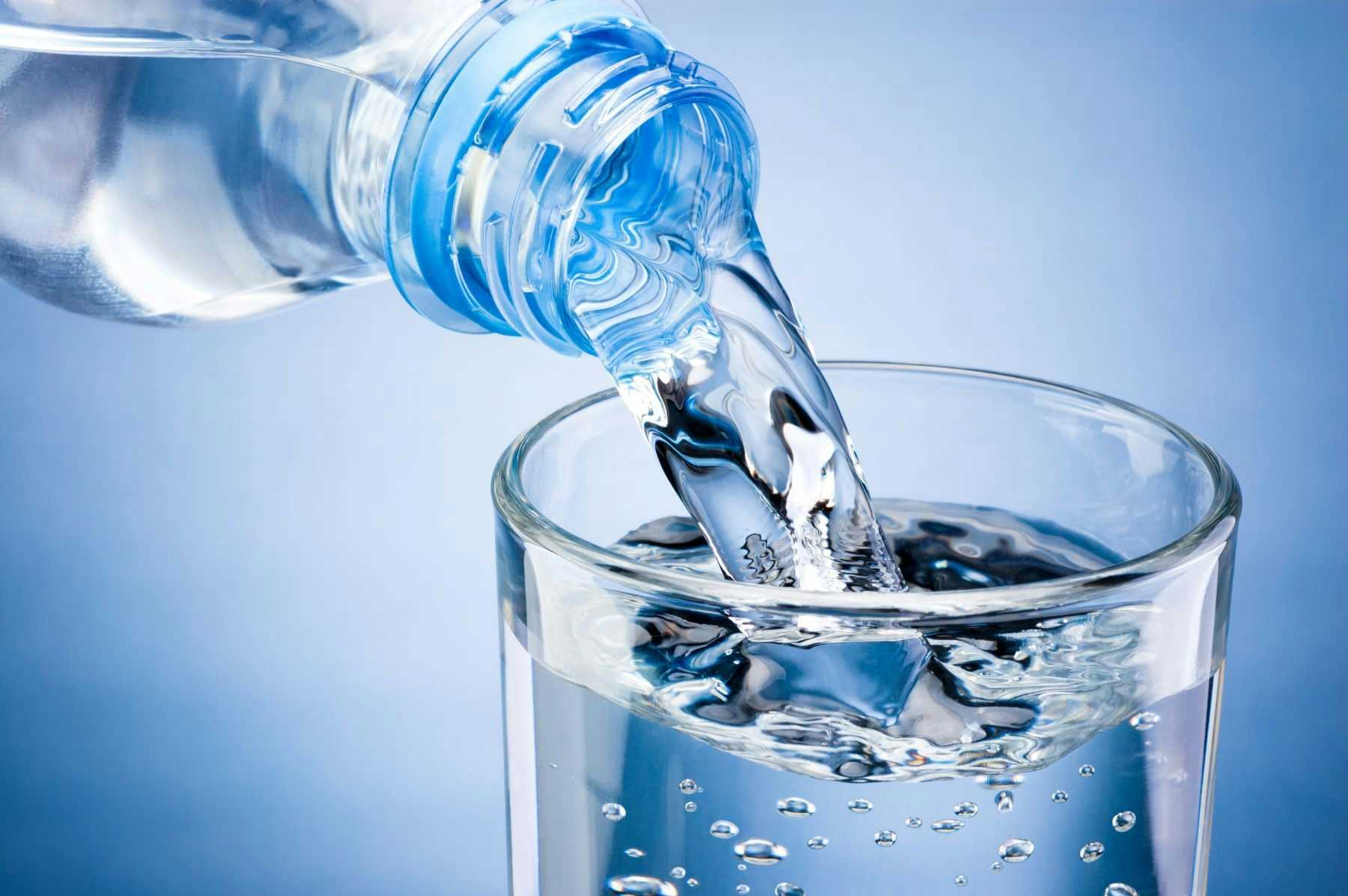“Real Water” Hit With $129 Million Verdict Over Liver Injuries
A Nevada jury has awarded $129 million to five plaintiffs who suffered severe liver injuries after drinking a water product produced by the company Real Water, also known as Affinitystyles.com, Inc. This is the second major jury verdict against the company over the contaminated water.
Updated on
Background
Real Water is owned by Brett A. Jones, a California attorney who is currently suspended from practice. Jones also served a controversial term as a member of the Nevada State Assembly from 2016 to 2018.
Real Water sold “Re2al Water,” an “alkaline” water product across California and the Southwest, for at least eight years in the 2010’s. The water was marketed as healthy and “detoxifying.” In early 2021, after numerous children became seriously ill after drinking the water, the FDA started an investigation. In March 2021, the company agreed to recall all of its products from stores but failed to do so. In May, the FDA warned consumers not to buy or consume Re2al Water. That month, the Department of Justice filed suit against Real Water based on the FDA investigation. In June 2021 the DOJ and Real Water entered a consent decree preventing the company from producing adulterated bottled water. In the DOJ complaint, the government detailed the FDA findings, alleging that the company processed tap water with various chemicals in violation of numerous manufacturing, food safety, and hazard prevention standards.
Approximately 100 people have since claimed they were injured by Real Water’s product, and there are several additional negligence and product liability lawsuits scheduled for trial.
The company filed Chapter 7 bankruptcy in 2021.
Rocket Fuel Chemical Found in Water
The water Real Water used was originally sourced from the Las Vegas public water supply, and then processed into Re2al Water. The DOJ complaint described a complicated process of filtration via carbon, UV, and ozone, after which potassium chloride was added and the water put through a proprietary “ionizer.” Employees would discharge the positively charged solution, run it through the ionizer again, and add a variety of chemicals to the resulting solution. These chemicals included a form of lye (potassium hydroxide), potassium bicarbonate, and magnesium chloride. This solution was diluted to create the final product. The government found that this process violated good manufacturing practices, relevant food safety standards, and hazard prevention measures.
One of the contaminants identified in the water was hydrazine, an extremely toxic chemical found in rocket fuel. It is also added to boiler water to prevent corrosion. Hydrazine is known to cause liver and kidney damage, nervous system issues, blindness, seizures, pulmonary edema, coma, and more.
Issam Najm, an environmental engineer, testified at trial that the hydrazine may have formed through a chemical reaction in the ionizer, which appeared to be titanium tubes charged by jumper cables. Although the company did some nominal safety testing, they did not test the water for hydrazine.
October 2023 Verdict
In October 2023, a jury in the 8th Judicial District Court of Nevada awarded a verdict of $200 million in punitive damages and $28 million in compensatory damages to seven plaintiffs, represented by Will Kemp, Eric Pepperman, and Breanna Switzler of Kemp & Jones and Theodore Parker of Parker Nelson. The plaintiffs included a 7-month-old baby and the estate of a woman who died from liver damage.
Real Water, represented by Joel Odou and Matthew Kaufmann of Wood Smith Henning & Berman LLP, and Eric Freeman and Mark Love of Selman Leichenger Edson Hsu Newman & Moore LLP, conceded liability for unintentional negligence but argued against punitive damages. Mr. Odou argued that most water companies do not test for hydrazine.
Mr. Kemp said that the person who developed the process bought the titanium tubes used in the ionizer from Russia, and worked for several months to create a process that didn’t give him vomiting or diarrhea.
January 2024 Verdict
At the end of January 2024, another jury in the 8th Judicial District awarded $100 million in punitive damages and $30 million in compensatory damages to five plaintiffs, again represented by Kemp & Jones and Parker Nelson. Named plaintiff Myles Hunwardsen, a man who received a liver transplant at only 29 years old, was awarded the largest sum. At trial, each plaintiff presented evidence of the extent of their injuries, the impact on their lives, and the cost of past and potential future care.
Expert witnesses in this case included doctors specializing in liver injuries, catastrophic medical rehabilitation plans, medical toxicology, and environmental health, as well as experts in environmental engineering, public health, and manufacturing. These experts testified on the process Real Water used to produce Re2al Water, manufacturing and food safety standards, environmental toxins, and the nature of the plaintiff’s liver injuries.
Milwaukee, Hanna, and Scientific Instruments, which manufactured the testing instruments Real Water used, were also included as defendants in the cases against Real Water and reached settlements with the plaintiffs. Whole Foods, Terrible Herbst, and other stores that distributed the water reached settlements as well.
Litigation Not Over For Real Water
There are still several more cases pending against Real Water, including one set for trial in May, which is a consolidated case by six children who suffered liver damage.
Takeaways for Attorneys
When large numbers of people are injured by the same product, plaintiffs' attorneys must be strategic in deciding when to consolidate claims. The costs of trial, and similarity of evidence, weigh in favor of consolidation. This is especially true when the trial strategy relies heavily on complicated expert testimony. However, juries may award individual plaintiffs more, and consolidation risks diluting any single claim. Bringing small groups of plaintiffs can help balance these considerations.
About the author
Seth Mills, J.D.
Seth Mills, J.D., a career counselor at New York Law School, has a substantial background in legal education and public interest initiatives. Currently serving as the Director of Public Interest & Pro Bono Initiatives and an Adjunct Professor for the Law Office Externship Seminar at New York Law School, Seth focuses on guiding law students in their professional development and legal externship experiences.
Prior to these roles, Seth was a Legal Content Writer for the Expert Institute, contributing to the development and curation of legal content. At Lawline.com, Seth held multiple positions, including Senior Program Attorney and Managing Blog Editor, where he was responsible for creating legal educational materials and managing legal publications.
Seth's legal career began as an Associate Attorney at Sterling Analytics Group, providing a foundation in practical legal work. Additionally, Seth volunteered as a Policy Advocate with the Police Reform Organizing Project (PROP), demonstrating a commitment to public interest law.
In terms of education, Seth earned a J.D. cum laude from New York Law School, where they were involved in NYLS OUTlaws and the Criminal Law Society. Seth also holds a Bachelor of Arts in Linguistics from Bard College at Simon's Rock. Their educational and professional experiences reflect a deep commitment to legal education, public interest law, and the mentoring of future legal professionals.
Subscribe to our newsletter
Join our newsletter to stay up to date on legal news, insights and product updates from Expert Institute.
Sign up nowA Sample Voir Dire: How To Qualify An Expert Witness
Download free white paperChallenging Opposing Experts: Advanced Research Techniques
Download free white paperCross Examining Expert Witnesses: The Ultimate Guide
Download free white paper
Subscribe to our newsletter
Join our newsletter to stay up to date on legal news, insights and product updates from Expert Institute.



